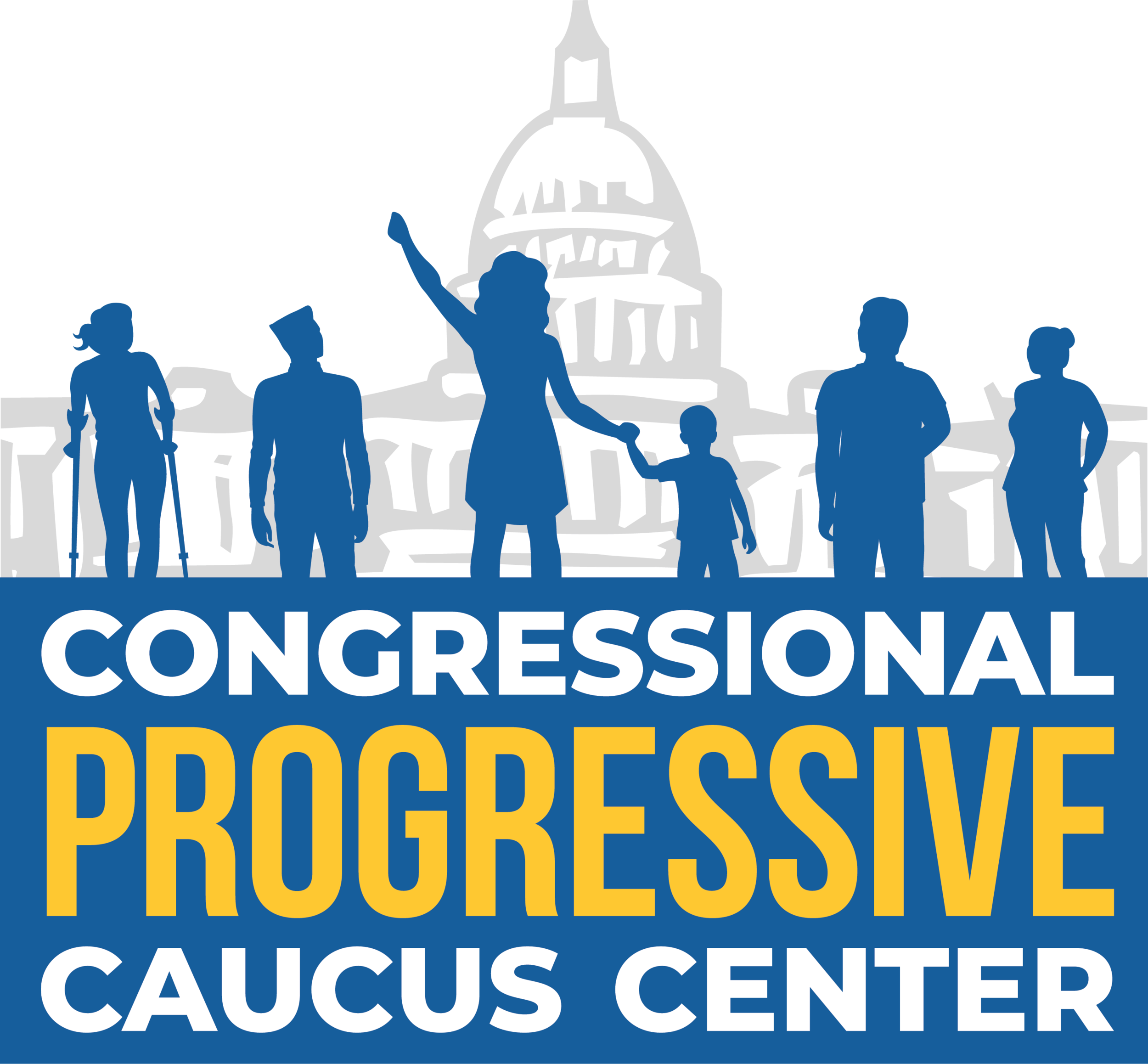How the Inflation Reduction Act Changed in the Senate
Last updated August 8, 2022
Author: Catherine Rowland, Legislative Director (catherine@progressivecaucuscenter.org)
Background
The Senate passed the Inflation Reduction Act by a party-line vote on August 7, 2022 with every Republican opposing the bill and Vice President Kamala Harris casting the tie-breaking vote. It now moves to the House of Representatives, where members are expected to return to Washington on August 12 to vote on the bill and—assuming it passes without changes, as it is expected to—send it to President Biden to become law.
During the “vote-a-rama” process, Senate Republicans introduced scores of amendments meant to force Senate Democrats to take votes on issues they considered politically thorny. Most amendments were voted down, and some never advanced to a vote on the amendment’s merits, as they failed to overcome points of order challenging the amendment’s eligibility for reconciliation.
Ultimately, vote-a-rama resulted in changes to the bill’s insulin provisions and 15% corporate minimum tax, described below. For a full list of the amendments introduced and voted on, see this tracker.
Some of the Inflation Reduction Act changed ahead of vote-a-rama—but it mostly survived the parliamentarian’s review.
On August 6, the Senate’s parliamentarian issued her highly-anticipated guidance on the Inflation Reduction Act and its eligibility to advance via reconciliation (and, accordingly, pass the Senate with just 51 votes rather than the usual 60). The parliamentarian signed off on most of the bill, but did nix one provision meant to discourage drug price hikes for people with private, employer-sponsored health insurance. Larry Levitt of the Kaiser Family Foundation has a helpful thread with more details on that.
Remember: any change to the Inflation Reduction Act’s content has implications for how much money it saves. One estimate pegged the cost of the parliamentarian’s ruling at about $40 billion. This change occurred not long after the Congressional Budget Office (CBO) revised its estimate of the bill’s savings downward by $11 billion. Even with these changes, the bill should satisfy deficit hawks’ demands: the bill was initially expected to reduce the deficit by more than $300 billion, so it will still shrink by a sizable amount.
One additional change to the base text was reported on Saturday: the underlying bill’s 15% minimum tax on corporations includes a carveout for telecommunications companies’ investments in wireless spectrum. The precise language appears on page 23 of the legislation.
Vote-a-rama resulted in changes to insulin provision and the corporate minimum tax.
Despite a long series of weekend votes on amendments, most of the proposed changes to the Inflation Reduction Act were rejected. The vote-a-rama did, however, result in a few modifications.
Change #1: Insulin costs for people with private insurance.
First, a provision capping the cost of insulin at $35 per month for people with private insurance was removed (a cap for people on Medicare, however, remains in the bill). Republicans raised a point of order, arguing that the provision did not meet the requirements to advance via reconciliation. Such points of order can only be overruled with 60 votes, and a motion to waive the point of order only garnered 57 votes.
Change #2: Exemption to the 15% corporate minimum tax.
Second, an amendment from Senator John Thune (R-SD) passed that exempted private equity-owned companies from the bill’s 15% corporate minimum tax and paid for this change by extending existing limitations on state and local tax (SALT) deductions. The latter policy could have endangered the bill in the House. Accordingly, Senator Mark Warner (D-VA) proposed an amendment to replace this SALT pay-for: as CNN’s Manu Raju explains, “instead of paying for it through the SALT change, they instead will extend the limitation on the amount of losses that businesses can deduct for another two years. A source says it would raise about $50B.”
What’s next for the Inflation Reduction Act?
House members are in recess and are expected to return to Washington on August 12 to pass the Inflation Reduction Act. Assuming the bill passes the House without any changes, it can then be sent to President Biden to become law.

